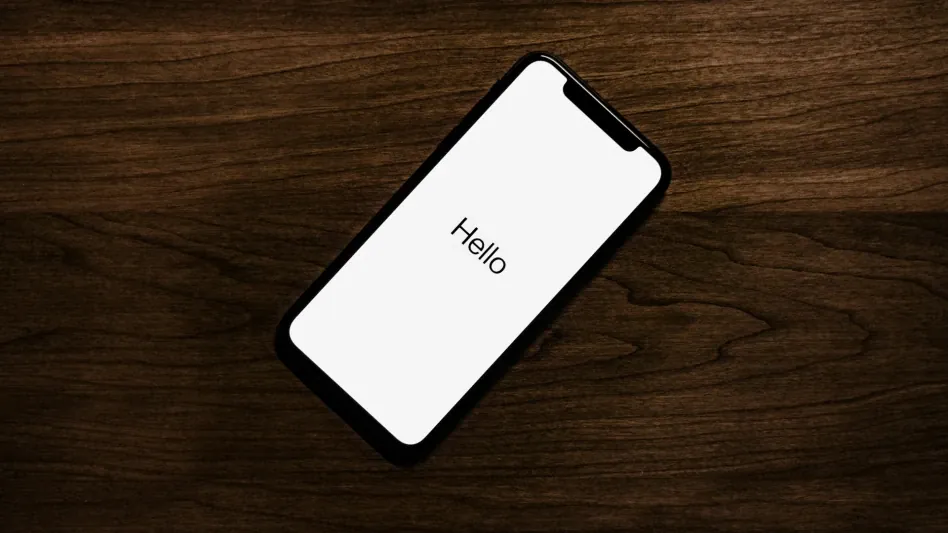In a worrisome development for iPhone users, a security vulnerability in Apple’s Passwords app with the release of iOS 18 has exposed users to phishing attacks, putting sensitive information at risk. The flaw, stemming from an error in network connection management, allowed unencrypted HTTP requests, making it possible for attackers to intercept data on public Wi-Fi networks and redirect users to fraudulent sites. Consequently, login credentials could be hijacked with relative ease under certain conditions.
Discovery of the Vulnerability
Security researchers at Mysk were the first to identify the vulnerability in September 2024, when they observed that the Passwords app made HTTP requests for website icons and password reset pages. This practice made the app particularly susceptible to interception and manipulation by attackers. For this exploit to be executed successfully, multiple conditions had to align: the user had to be on a compromised network, engage with the Passwords app, click a site link, and be subjected to real-time interception. Despite these preconditions, the potential for stolen data was alarming.
Apple acted promptly to address the issue, releasing a fix in December 2024 with iOS 18.2. This update enforced HTTPS for all app connections, providing much-needed encryption and security. Apple chose not to publicly disclose the vulnerability until March 2025 to prevent alerting potential attackers before users had the chance to update their software. Importantly, the autocomplete feature for passwords remained unaffected by the vulnerability, highlighting that not all aspects of the app were compromised.
Recommendations and Best Practices
Given the severity of the vulnerability, immediate action is critical for users. The primary recommendation is to update to iOS 18.2 or later without delay to ensure that all app connections are encrypted and secure. Additionally, it is advisable for users to change sensitive passwords as a precautionary measure. Avoiding the use of login links on public Wi-Fi networks can also significantly reduce the risk of falling victim to similar attacks in the future.
This incident serves as a stark reminder of the importance of using encrypted connections and the necessity of staying vigilant about software updates. Cybersecurity threats continue to evolve, and even minor lapses can result in significant data breaches. Keeping software up-to-date is one of the most effective ways to mitigate potential threats and protect sensitive information.
Conclusion and Future Considerations
In a concerning turn of events for iPhone users, a critical security flaw has been discovered in Apple’s Passwords app following the release of iOS 18. This vulnerability has left users susceptible to phishing attacks, jeopardizing their sensitive information. The security hole originates from a mistake in network connection management, which permitted unencrypted HTTP requests. This lapse allows hackers to intercept data on public Wi-Fi networks and redirect users to deceptive websites. As a result, login credentials, along with other sensitive data, could be easily stolen under the right conditions. This issue underscores the importance of heightened security measures, particularly when using public internet connections. The potential for attackers to exploit this flaw highlights the necessity for Apple and its users to implement stronger encryption and adopt safer browsing practices, ensuring both software and user diligence are heightened to prevent unauthorized access to personal information.








